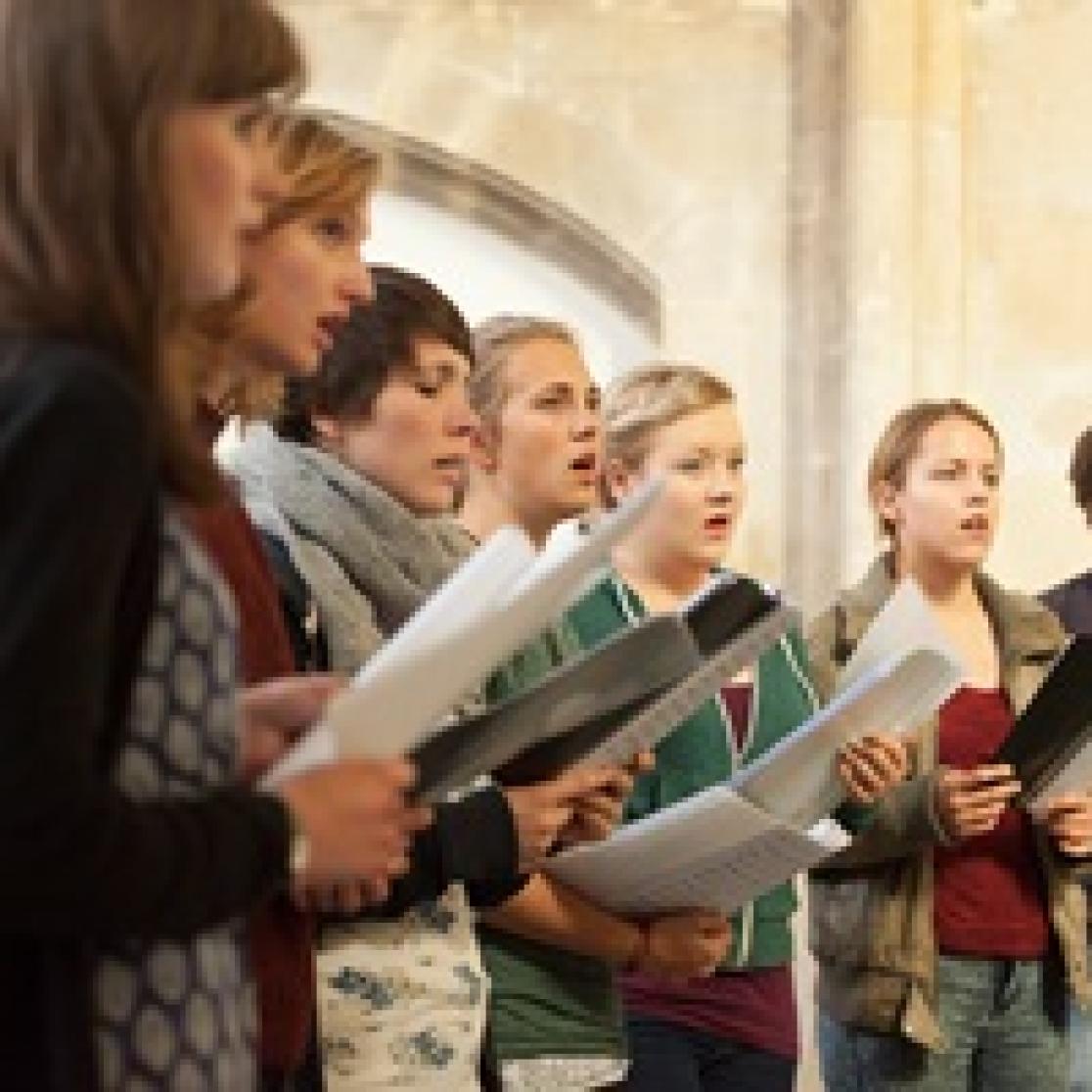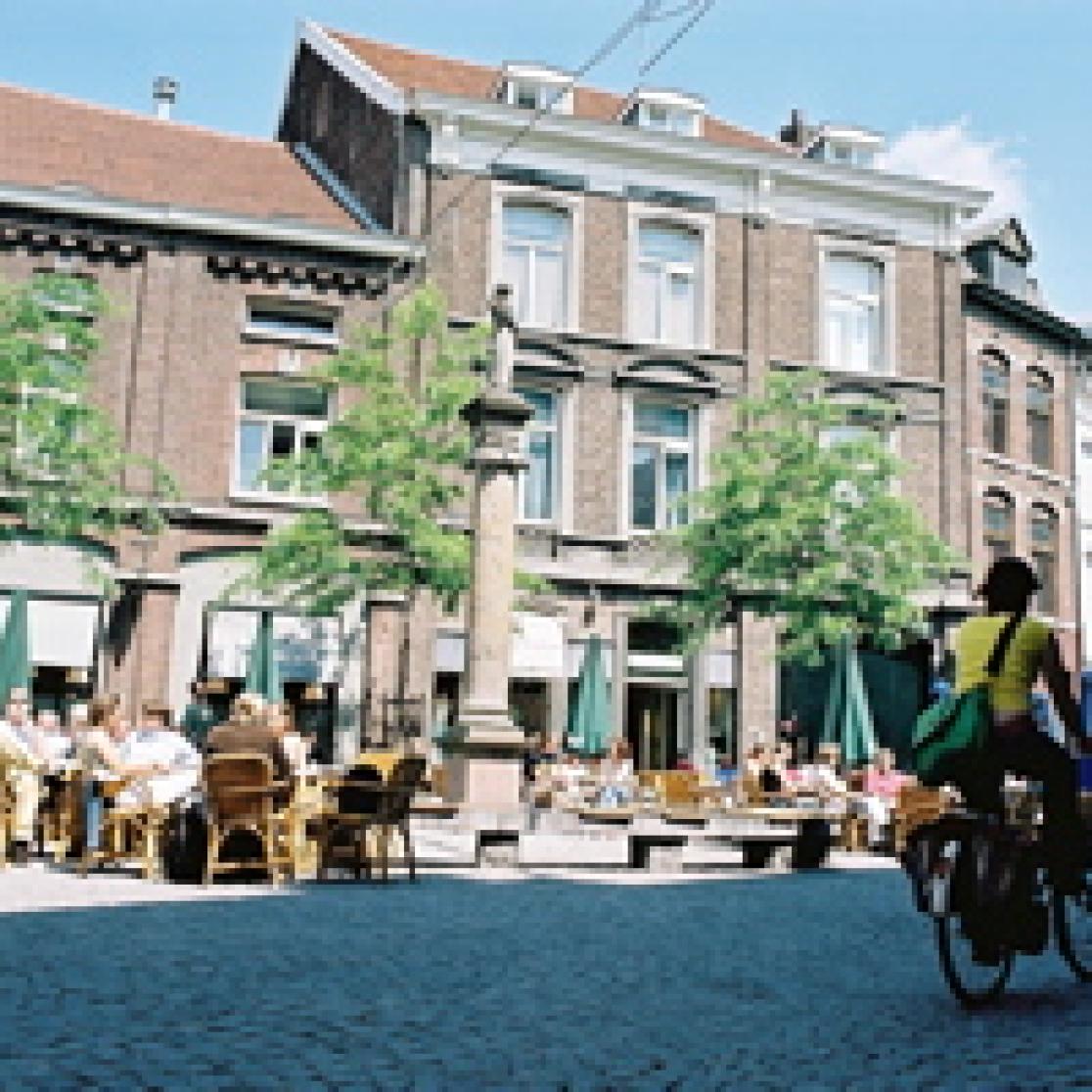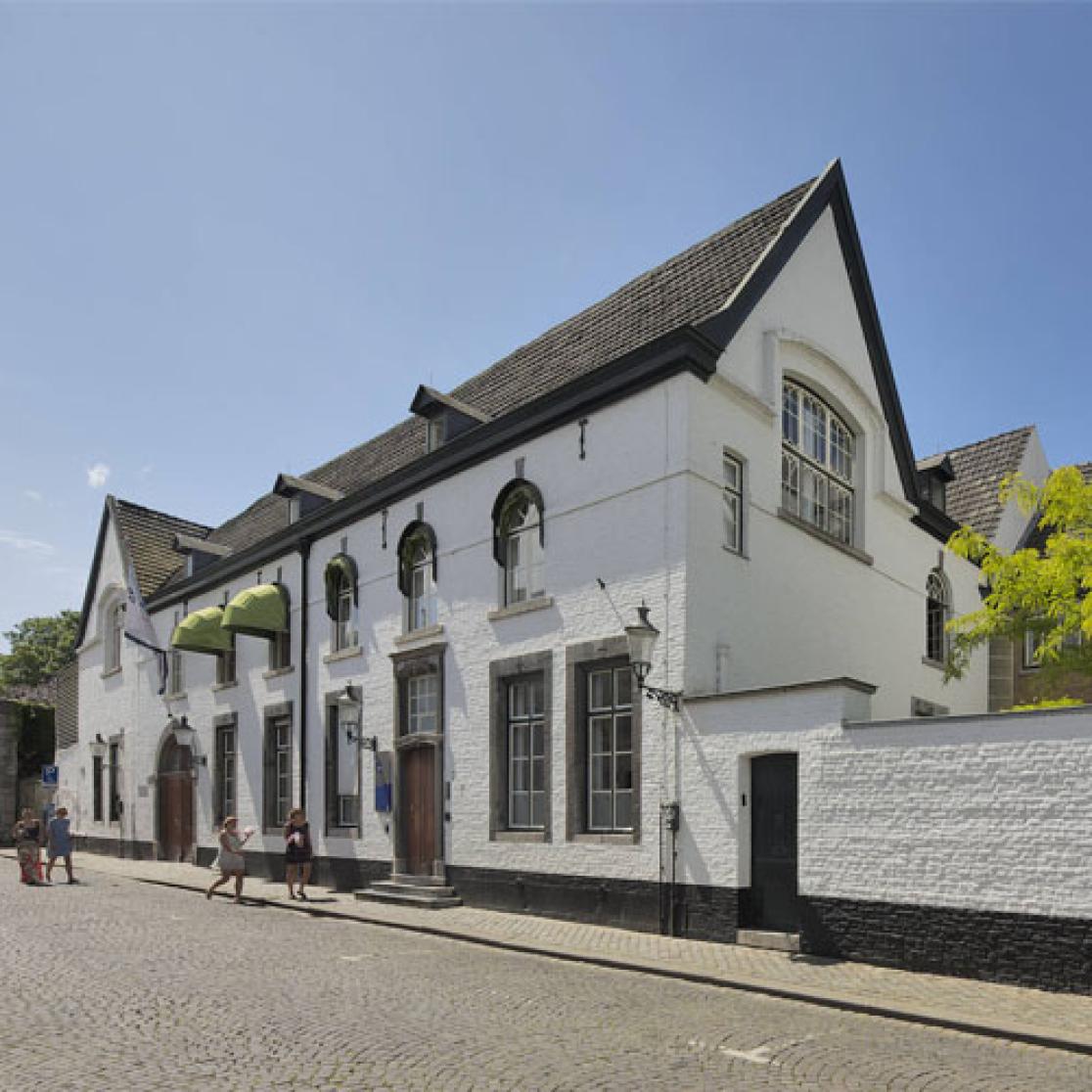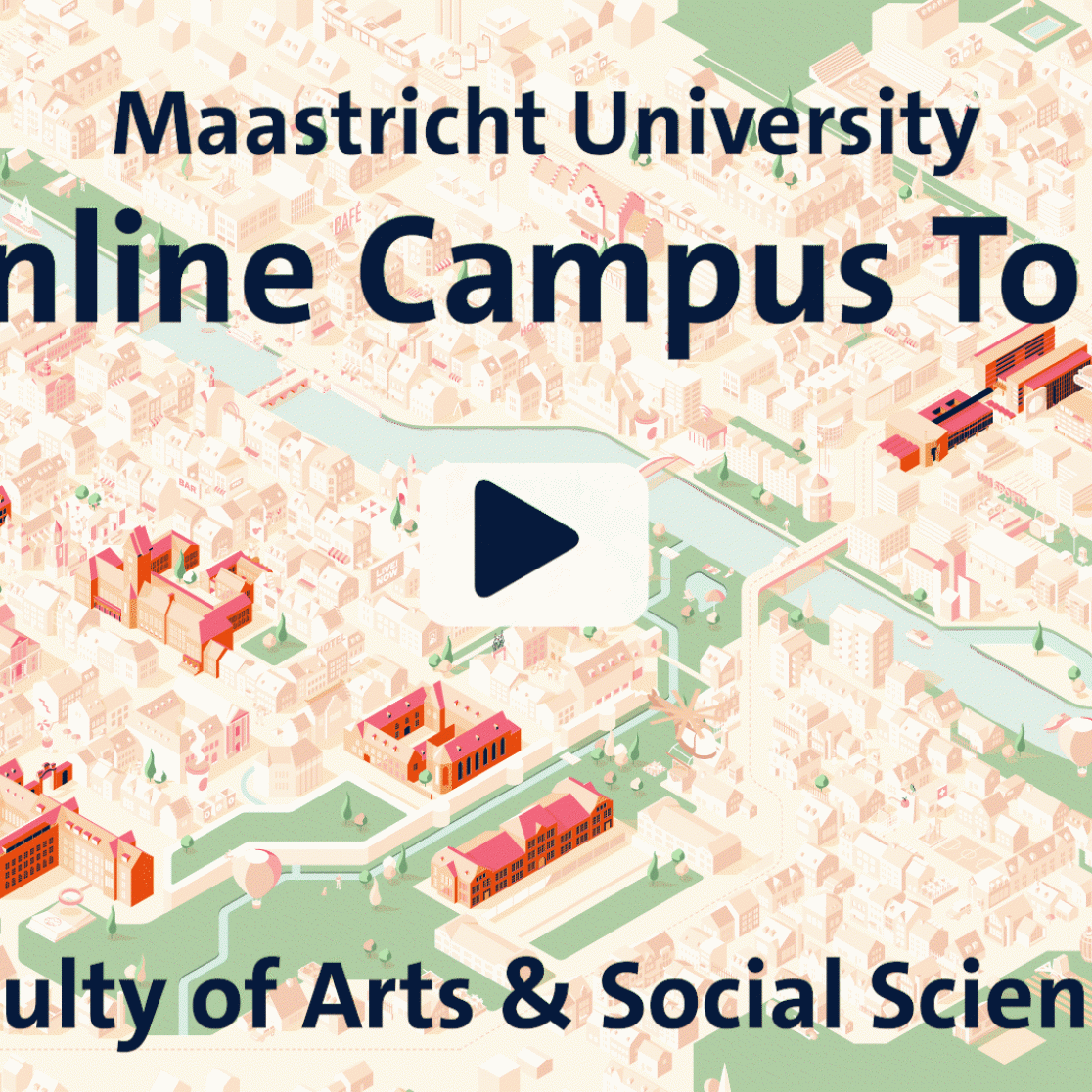Faculty Council
The Faculty Board is advised by and consults regularly with a democratically elected representation body: the Faculty Council. The council advises the board upon request or of its own accord. It consists of ten members: four elected from the academic staff, one from the support staff , and five from the FPN students.
| Academic staff | Michael Capalbo Natasha Mason Anna Sagana (chair) Alicia Walkowiak |
| Support staff | Caroline van Loo |
| Student members | Dominik Eberle Martinez Iris Joon Patina Sinitsa Linde Vermeulen Julia Viskaal |
| Secretary | Marléon Vijgen |
FPN Faculty Council meetings 2024/2025 | 15.30-17.30hrs
- 14-11-2024
- 12-12-2024
- 16-01-2025
- 13-02-2025
- 13-03-2025
- 17-04-2025
- 15-05-2025
- 12-06-2025
- 03-07-2025
Minutes of passed meetings can be found on the intranet for staff, UMployee.
It’s possible to attend the public part of the Faculty Council meetings, in this case you’ll be present as observer. If you want to join, please send an email to marleon.vijgen@maastrichtuniversity.nl no later than 2 days before the meeting. After approval you’ll receive an invitation with the time and location.
Programme Directors
The Programme Director coordinates and organises the preparation and execution of the study and examination programme of the corresponding programme(s). In this, he or she advises the Faculty Board on the content of programme and examination regulations, and, as board executive and advisor, is closely involved in the quality assurance of the programme.
Educational Programme Committee
The Educational Programme Committees (EPC) provides advice on the amelioration and safe-guarding of the quality of the programmes, including the EER. The committees consists of an equal number of staff and student members. See also: http://www.opleidingscommissies.nl/
EPC bachelor Psychology
| Staff |
|
| Students |
|
| Support | Nura Rodriguez de Lope Ruiz (student) fpn-epc-bachelor@maastrichtuniversity.nl |
EPC bachelor Brain Science
| Staff |
|
| Students |
|
| Support | Nura Rodriguez de Lope Ruiz (student) fpn-epc-brainscience@maastrichtuniversity.nl |
EPC masters
| Staff |
|
| Students |
|
| Support | Evelina Kiselev (student) fpn-epc-masters@maastrichtuniversity.nl |
Research Council
The Research Council is an advisory council to the Faculty Board on research related matters.
Members
- Prof. dr. Ute Hülsheger (Chair | WSP)
- Prof. dr. Arjan Blokland (NP&PP)
- Prof. dr. Alex Sack (CN)
- Dr. Ann Meulders (CPS)
- Dr. Melanie Sauerland (Graduate School FPN)
Secretaris and contact person
Faculty Office
FPN Student Council
At FPN, students play a crucial role in shaping policies and advancing academic initiatives. They participate in various committees and hold seats on the Faculty Council. Collectively, these student representatives are known as the Student Council.
The Student Council meets weekly to discuss matters impacting the student body of our faculty. The topics for discussion are typically sourced from the different committees.
Do you have an idea, a complaint, or simply want to provide feedback? Feel free to contact the FPN Student Council on Facebook or via email at studentcouncil-fpn@maastrichtuniversity.nl
Complaints Committee
A Complaints Committee is active at the Faculty of Psychology and Neuroscience (FPN). Employees, students and third parties may direct their complaints to the committee concerning affairs the faculty is responsible for.
It concerns individual complaints about employee or student behaviour, and about the faculty, accommodation and the like. Complaints about matters that are included in other Faculty and UM regulations will not be dealt with by the Complaints Committee. Such matters include programme complaints or complaints by staff and students about unwanted behaviour (My UM > Human Resources Management > Confidential Advisor's Office).
The Complaints Committee may take up to ten weeks to deal with complaints. At the end of that period, the complaint will be declared founded or unfounded by the dean. The process of submitting a complaint differs for students, and employees and third parties. Students should direct their complaint to the UM Complaints Service Point (CSP). Employees and third parties should direct their complaint to the chairman of the commission (verbal) and the dean (written).
FPN Test Committee
The FPN Test Committee (TC) is an independent body that advises the Boards of Examiners (BoEs) and Educational Management (such as the Education Director and Programme Directors/Coordinators) on exam quality (including issues related to the use of Generative Artificial Intelligence; GenAI) at their request.
The TC assists course coordinators and examiners in developing and scoring exam questions by providing notes and, upon request, collaborating with them. The members of the TC are always available to answer questions or discuss matters. Additionally, one of the TC's roles is to review the quality of course exams and offer feedback to Course Coordinators.
Members
Esther Keulers
Lars Riecke
Jan Schepers
Margje van de Wiel
Chair
Phil Brull
FPN library committee
The FPN library committee serves as an advisory committee to the faculty board and the university library. This committee meets five times a year and gives advice on the faculty library collection, the (learning) resources needed, the expenditure of the allocated budget and provides comments on how the UM library can best be run according to FPN policies.
- Academic staff members: Philippe Verduyn (chair), Fren Smulders, Petra Hurks, Glynis Bogaard
- Library members: Rinus Verdonschot
- Student members: Gabriela Krasnowska, Emma Kouřilová




